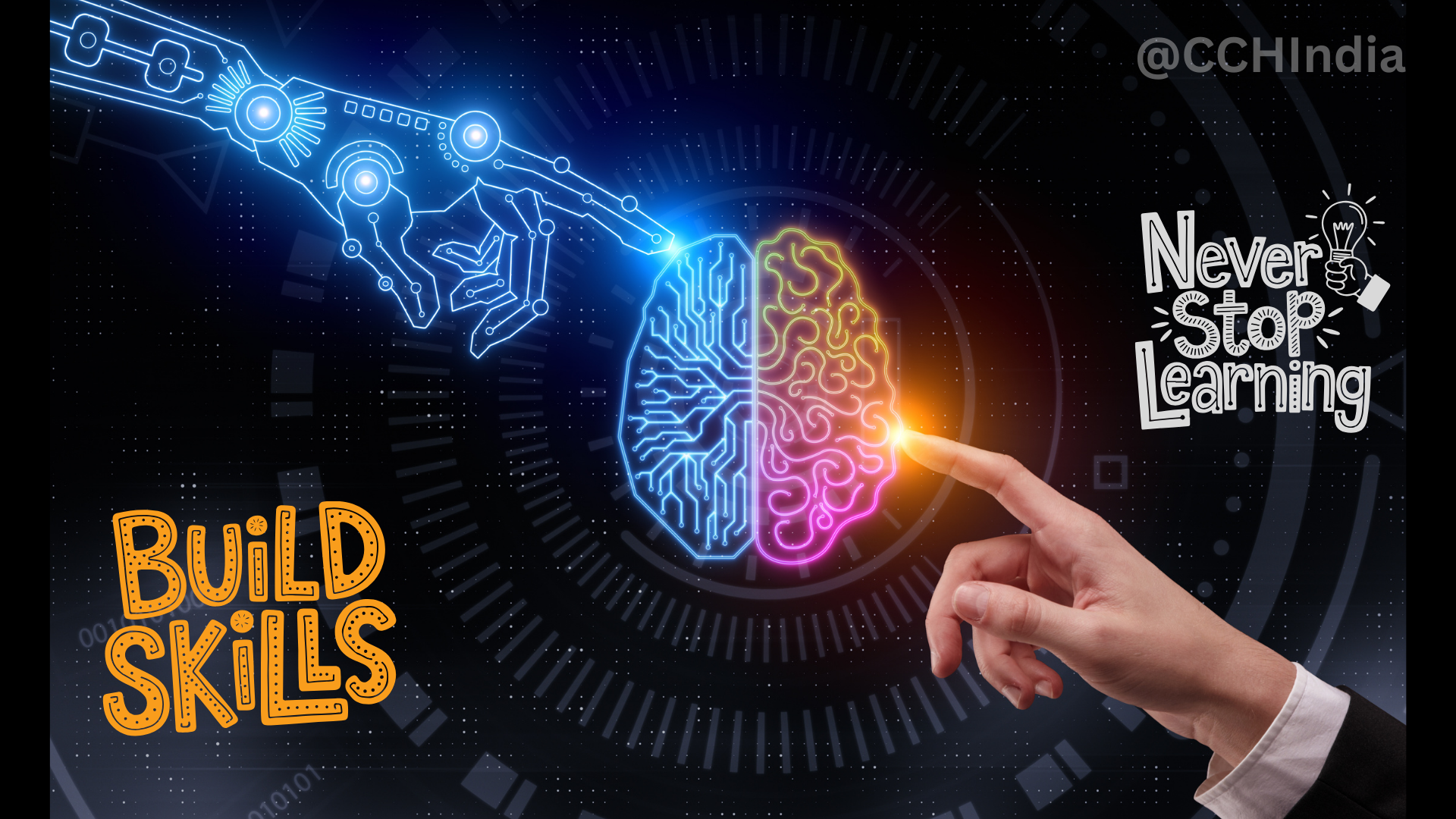Smart Homes in 2025: What’s Actually Worth the Money?
Discover the best smart home gadgets in 2025 that truly add value. Learn which innovations are worth your money for comfort, security, and energy savings.

Discover the top skills you need to build now for a successful career in 2026. Learn about AI literacy, creativity, communication, and future workplace trends.
Table of contents [Show]
By 2026, workplaces will be far more digital, automated, and global. AI won’t replace people —but people who know how to use AI will replace those who don’t. Companies will value adaptability, creativity, and smart use of technology more than degrees alone.
You don’t need to be an expert in everything, but you do need to stay relevant, flexible, and digitally confident.
No matter your field—marketing, finance, teaching, design, business, or even government—AI tools will be part of your everyday workflow in 2026.
Skills to Build
Why it matters
Companies prefer people who can work faster, think smarter, and use technology instead of doing things manually.
Technology is powerful, but it still can’t solve real-world problems without human logic. By 2026, companies will be actively looking for people who can analyze situations, question assumptions, and make smart decisions.
How to build it
Creativity is becoming more important because AI can generate ideas—but only humans can judge which ideas make sense.
Works best in fields like
Marketing, entrepreneurship, product development, UX/UI, media, teaching, and leadership roles.
Clear, confident communication will matter more than qualifications. Every company wants team members who can explain ideas, talk to clients, and collaborate smoothly.
Focus on
The flexibility of remote work isn’t going away—it’s only becoming more advanced. Teams will use AI-powered collaboration, virtual workspaces, digital dashboards, and real-time productivity tools.
Skills that matter
By 2026, basic cybersecurity won’t just be an IT requirement—it will be expected from every employee.
What to learn
EQ will be one of the strongest predictors of leadership and career growth in 2026.
Improve your EQ by
Here are industries exploding with opportunity:
If you build the right skills now, you can stand out early.
You don’t need expensive degrees. Start small. Stay consistent.
Action steps
The goal isn’t to do everything. The goal is to stay ahead of the curve.
The future of work in 2026 isn’t something to fear—it’s something to shape. If you start building these high-value skills now, you won’t just survive the changes… you’ll lead them.
A smarter, more flexible, more digital workforce is coming.
And the best time to prepare is today.

Discover the best smart home gadgets in 2025 that truly add value. Learn which innovations are worth your money for comfort, security, and energy savings.

Discover 2025’s biggest startup success stories — from AI breakthroughs and climate innovations to fintech, healthcare, and rapid-delivery disruptors. Explore the top startups that scaled fast, reshaped industries, and defined the future of entrepreneurship in 2025.

Augmented Reality (AR) is becoming increasingly ubiquitous, shaping industries across the globe, including tourism.

India’s ban on real-money gaming apps is sparking a new “play-for-fun” wave. Here’s how it’s changing the gaming industry and reshaping how people play.

